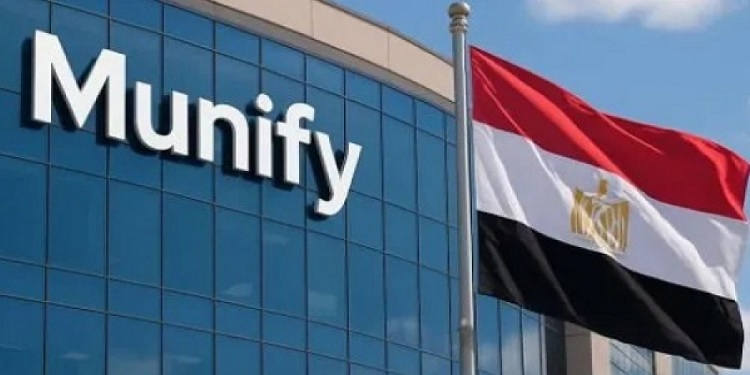A newly established Egyptian fintech venture, Munify, has ambitious plans to emerge as a leading neobank in the Middle East and North Africa (MENA) region. Targeting diaspora communities and international professionals, the company harnesses blockchain technology to offer an integrated platform with both business-to-business and business-to-customer financial solutions.
Munify has launched a mobile application, available for both iOS and Android users, featuring a wide range of digital financial tools. Some of its notable offerings include multi-currency accounts that initially support USD, with plans to enhance offerings by incorporating EUR and GBP soon. Additionally, the platform facilitates non-custodial wallets, allowing users to maintain control over their assets, and provides virtual USDC cards for secure transactions worldwide. The application also streamlines operations for freelancers and businesses by enabling the generation and issuance of invoices directly from the app.
One of Munify’s primary objectives is to tackle the challenges associated with cross-border payments, which are often characterized by high costs, inefficiencies, and complexities. To that end, the company has developed its own proprietary “banking rails,” which establish direct connections between financial systems across different nations. This structure allows the platform to circumvent traditional intermediaries like Western Union and MoneyGram, resulting in faster transactions and lower fees. Notably, users can access U.S. banking services using only a local identification document, significantly reducing conventional barriers to international finance.
Industry experts believe that Munify’s approach could disrupt existing remittance and payment ecosystems. By emphasizing a blockchain-powered infrastructure, the company aims to provide individuals and businesses with a more efficient and transparent means of facilitating cross-border transactions.
Founded in 2024 by Khalid Ashmawy, Munify emerged from a vision to combine modern digital banking with blockchain technology’s trust-minimized architecture. In a strategic move to enhance its growth prospects, the startup recently secured $3 million in funding. This financial backing is expected to bolster the company’s engineering capabilities, improve regulatory compliance, and support regional growth efforts.
The funding round included notable investors such as Y Combinator, which accepted Munify into its Summer 2025 accelerator cohort, alongside contributions from BYLD and Digital Currency Group—firms with a proven track record in supporting budding fintech and blockchain ventures.
Analysts suggest that Munify’s growth strategy is well-aligned with the rising demand for efficient financial solutions in the MENA region. The focus on multi-currency accounts and blockchain-based remittances is particularly relevant for expatriates and globally mobile professionals, who frequently encounter high fees and delays when trying to access international financial services.
By offering seamless global banking solutions—including stablecoin-powered virtual cards, instant cross-border payments, and real-time expense tracking—Munify aims to transform the banking landscape for Middle Eastern businesses and individuals. Its dual approach, catering to both consumers and enterprises, enhances its flexibility and positions it to serve various market segments effectively.
As the integration of blockchain within financial services accelerates, Munify’s entry highlights how startups in emerging markets are utilizing this technology to address systemic challenges. If the company executes its rollout successfully, it could establish itself as a significant player in Egypt and potentially throughout the broader MENA region.
With its innovative framework and substantial financial backing, Munify is gearing up for potential expansion beyond local markets. Observers suggest that the startup’s ability to realize its vision might set a precedent for blockchain-powered neobanks that cater to diverse, globally connected communities.







